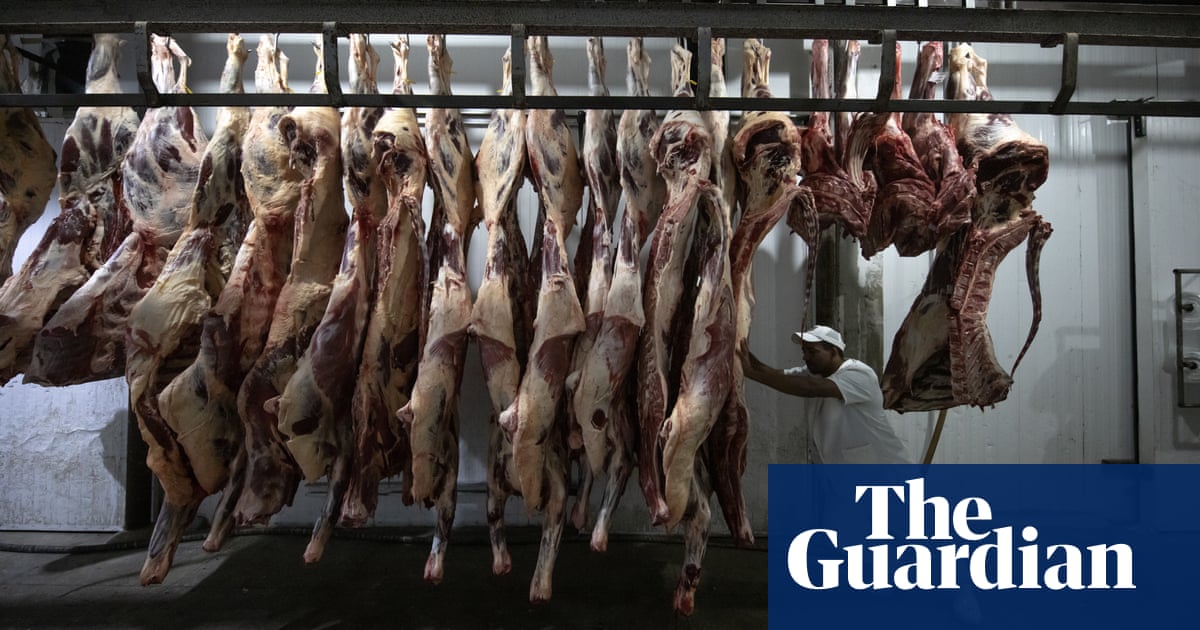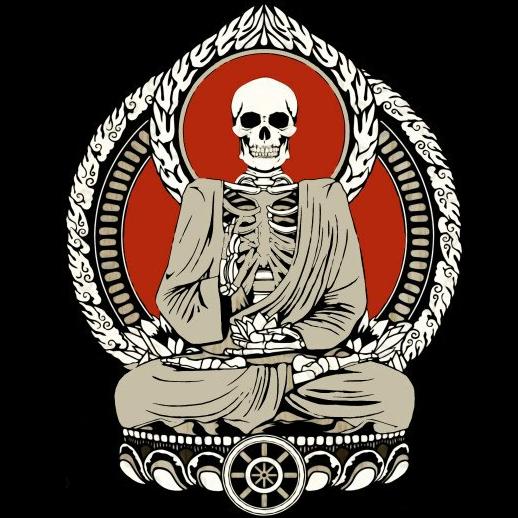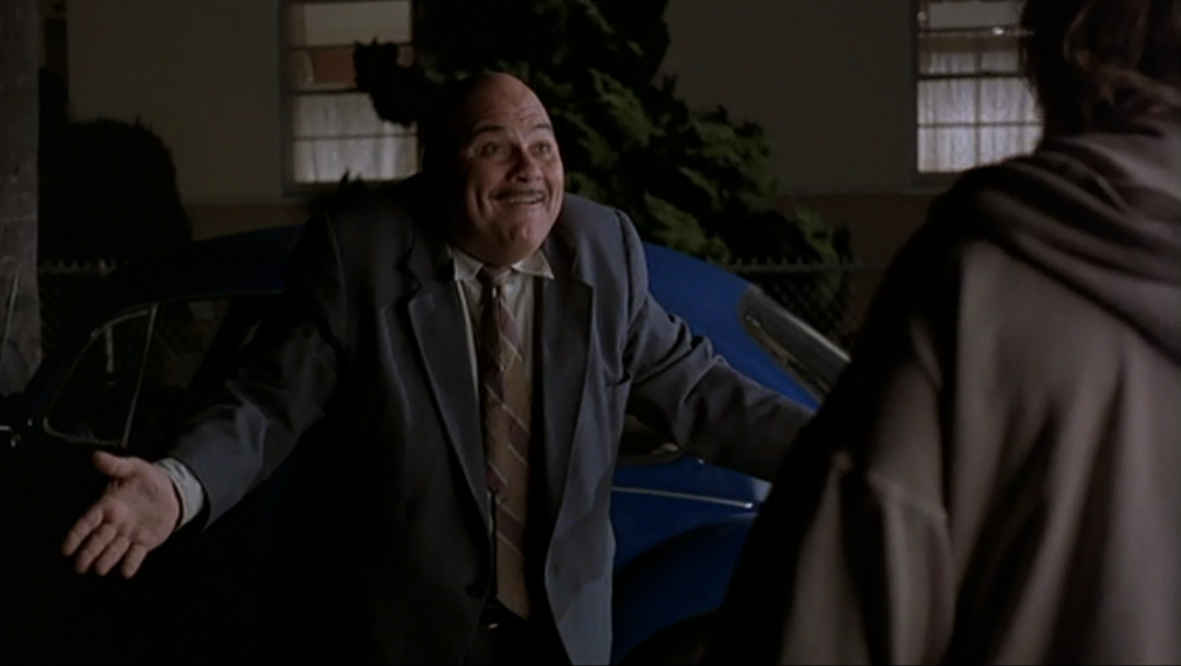Given what we know about the limits of soil seqeustration this is basically a PR exercise by the meat industry to keep the methane flowing into the atmosphere.
What the hell is COP at this point? It’s just a corporate champagne lunch where billionaires compete to see who can be the most horrific pollutors.
“Hey guys! Check this out this severed baby head on a stick! What does it have to do with climate change? Who gives a fuck?! Let’s light it on fire!”
How would they argue that with he water, land and carbon dioxide impact of the feed stock? Seems like meat is a really inefficient conversation factor for grains.
Yeah, ruminants take huge amounts of grains and legumes to produce small amounts of food. The US basically grows food for cattle and cars, with a tiny chunk going to people.
even better – ruminants are not meant to survive on grains and legumes, it fucks over their digestive system so we have to throw in massive doses of antibiotics to counter the damage …
Any source on the feed being the factor necessitating the antibiotics? Afaik, there just are way too many and they tend to stand in their own shit all day and that makes the antibiotics necessary.
(Somewhat related: I was a bit horrified recently when my dad told me about growing up on a farm and how badly their cattle took suddenly switching from their winter feed [siloed grass] to their summer feed [fresh grass]. When they would become overly gassy after the switch, his granddad would routinely pierce their rumen to let the gas out, along with a bit of blood. This procedure turned out to be completely unnecessary when they started mixing the feed for a few weeks in spring.)
This counts for very little, but I once transported a dairy farmer (Paramedic) between hospitals and had about an hour or so to pick his brain about the industry. As I recall, Corn has too much sugar in it, and if you give your cows too much corn, your feed will be too ‘hot’ and it fucks the cows up somehow. There’s a LOT of work that goes into balancing the nutrient intake for dairy cows. Also, the antibiotics are used for promoting growth in meat cattle, because something about the antibiotics makes the cows grow bigger faster.
They just don’t dive that deep.
Meat has many benefits and can provide excellent sources of nutrition.
*just don’t ask how it gets all that nutrition (no it isn’t sustainable)
Raising animals for meat isn’t inherently an awful thing for the environment. There is land that is useful for grazing but unsuitable for growing crops. Turning inedible grasses into meat is very useful but industrial scale grain fed and fattened meat production clearly is a problem.
That’s a huge part of it. The second problem is that cattle produce a lot of methane as part of their digestive process. Other species produce a lot less.
We would need alot less land, if we only used it for plants to feed humans, instead of using it to produce meat. Land that is now used for grazing could be rewildered and contribute to countering the massive loss in biodiversity. It is one of the greatest errors of the system we live in, that everything is seen trough the lens of generating short term profits.
Babe, wake up. New propganda just dropped.
Holy hell
Eating meat isn’t inherently bad or ecologically damaging. Humans are animals and part of Earth and as such have as much right to eat animals as a lion.
The problem is that there are 8 billion people on Earth and to feed that many people, our food production must be industrialized. Industrializing food from animals means treating them (and the environment) like objects.
Greedy, power hungry psychopaths and their need to hoard resources and power are the root of the problem. Their favorite tools of markets and capitalism are what drive unsustainable population growth.
The solutions to these types of problems are not to make everyone vegan or force us all to live super efficient zero waste lives in cities packed like sardines. The solutions involve moving beyond capitalism and degrowth.
Edit - I want to clarify I’m not defending these plans, just stating a position related to the post.
._.
Next on deck: cars propose sheltering the earth from the sun by covering it with one big ass parking lot.







